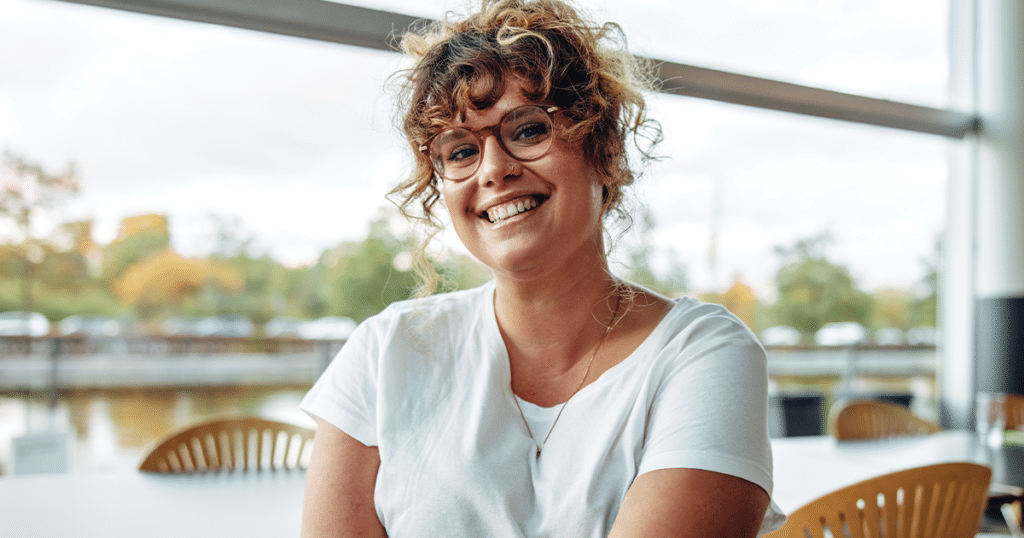Starting therapy is a little like joining a gym. You don’t get any points for signing up. But that’s the entry point. What matters most is what you do next. Therapy can be a powerful, enlightening, and liberating tool, but it’s also a collaboration. You and your counselor work as a team to address the issues at hand—and perhaps some presently invisible issues.
Getting the most out of therapy is an ongoing process. You will keep evolving and shifting. You’ll never arrive at a finish line, so to speak. However, the changes can be palpable to you and others. The key is your commitment.
How to Get the Most Out of Therapy
The key is setting yourself up for success. You can take simple steps like scheduling your weekly session for a day and time that work well for you. But here are four bigger steps that will undoubtedly impact your therapeutic experience:
Commit to Honesty
In everyday life, there are often times when things are best left unsaid. In therapy, radical honesty is the foundation. To garner results, you must open up and share. You may feel too much shame to tell your BFF about some intrusive thoughts you’re having, but this is precisely what your therapist is there for. This is your safe space to share and explore. It may take a few sessions to find this rhythm but make full honesty your goal.
Stay Consistent
Let’s bring it back to the gym analogy from up top. If you sign up with a personal trainer, you’ll only see positive changes if you show up for the sessions ready to do the work. The same can be said about therapy. Try your best to always show up. Whether it’s in-person or virtual, always be on time. Keep your sessions spaced as closely as suggested. The learning and healing process works best when consistency is present.
Trust the Process
You will leave some sessions feeling confused or angry, or frustrated. You will hit plateaus. There will be times when you question the entire process. Therapy is not about quick fixes or miracle cures. It requires commitment and vision. You must give your all during sessions and do your homework in between sessions. As stated above, it’s a collaboration. Maintain an open dialogue with your counselor. They are there to help your current situation and to adapt to your evolving needs.
Find the Right Therapist For You
This may involve some trial and error, but here are some pointers that will make your search easier:
- Don’t just pick the therapist who has an office closest to your home or job. Now more than ever, virtual therapy is a popular choice. Geography is no longer a deal-breaker.
- Read up on a therapist’s specialization and approach. Then, do your best to match their skills with your needs.
- Check for online reviews. Find out what other people are saying about them. This can be tricky at times, but trends do because obvious if enough reviews are posted.
- Create a list of questions you want to ask any prospective counselor.
- If they have a website, read it thoroughly. You will probably find quality information about their background, approach, etc. Extra points if they have a blog that’s loaded with posts on topics that relate to you.
Take Advantage of the Free and Confidential Consultation
I love having the opportunity to talk with individuals or couples who are considering therapy. It’s an ideal scenario to connect and discuss the myriad possibilities. I invite you to reach out at your earliest convenience to set such a chat. Your questions will be answered, and your concerns will be validated. Let’s connect!





